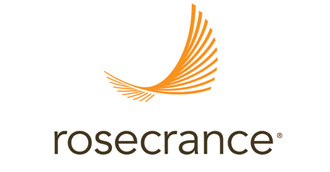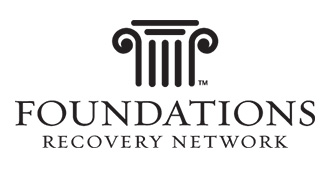Sober living homes
Sober homes were once pretty obscure, but the heroin and painkiller epidemic that has been gripping the nation has also been driving the need, and the awareness of, sober homes. Sober homes are supervised, substance-free homes where recovering addicts live together to support each other while transitioning back into everyday life.
For people who are new to the sober home concept, sober homes facilities are operated by accredited substance abuse, counseling, and mental health professionals, but are not a regulated as rehabilitation programs. For all intents and purposes, a sober home is just like a regular roommate-dorm environment, but there is some oversight to make sure that all residents are clean. It is an opportunity to grow and ease back into independence.
Sober homes, as we know them came to be in the 1970s as a last resort home for alcoholics looking to start recovery. The way sober homes operate has changed quite a bit, now supporting recovering addicts after rehabilitation treatment, although not always. The resident population has also changed since the 1970s, with many more recovering residents addicted to opiates instead of alcohol.
There is no one single model for a sober home, and they range from single-family style houses in residential neighborhoods, to large apartment complexes. However, research has shown that smaller, more intimate settings that allow for friendships to bloom, typically yield better results that large complexes.
Residents come from all walks of life, from those repaying a debt to society, to those finishing residential treatment, and many situations in between. Some residents still see a counselor, while others are not receiving any treatment at all. However, everyone must follow sobriety rules and participate in 12-step meetings.
Sober homes are on the rise partially because of the opioid addiction epidemic surging across the United States, and partially because people are realizing that transitioning back to daily life through a sober home sets them for success instead of jumping in the deep end.
Families of people in recovery appreciate sober homes because it is a secure place for their loved one. One of the benefits of residential rehabilitation programs is that families know where their loved ones are at any given time, which provides peace of mind and security. This slips away when the rehabilitation program ends and the world opens up again. A sober home is a middle ground that affords much more independence, but families still have that peace of mind.







COMMENTS